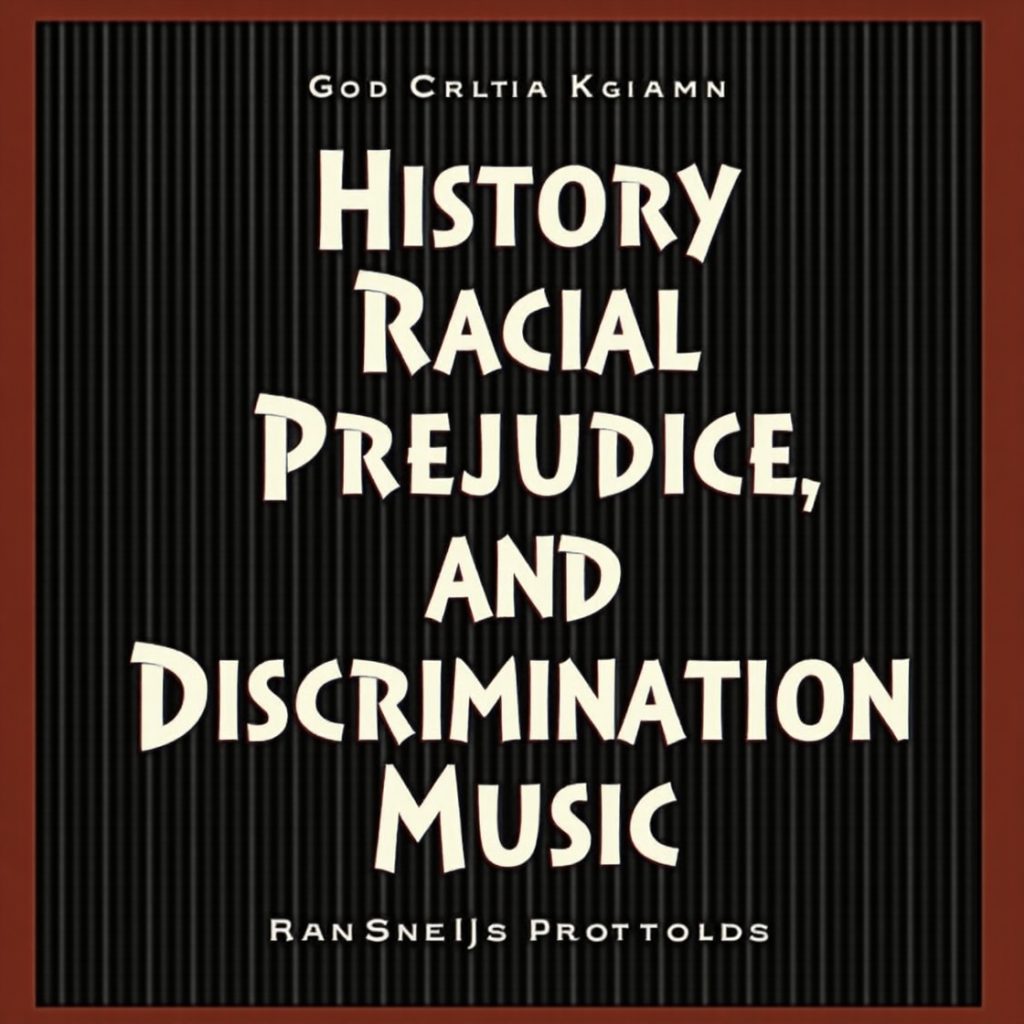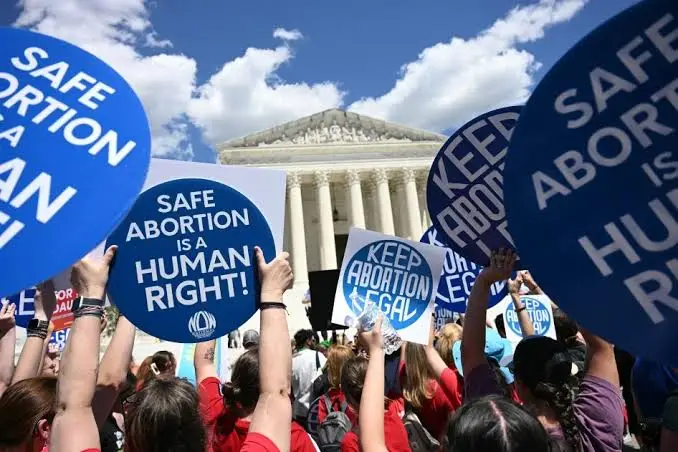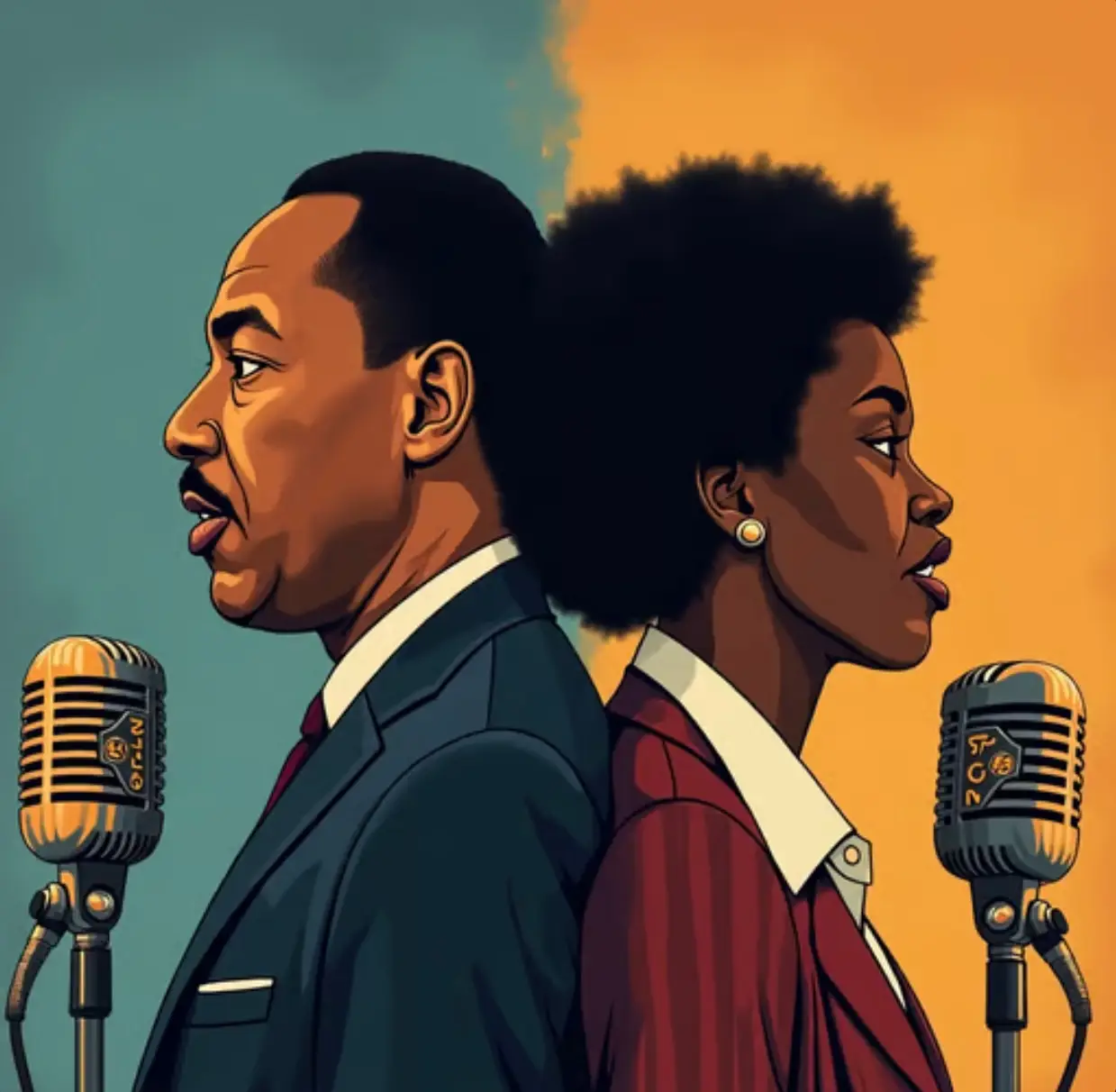Introduction: Music as a Medium to Fight Racial Injustice
Most ethnically/racially diverse countries are divided along racial lines. As a result, contemporary artists have advocated against racism that unfairly impacts ethnic minorities. One of these artists to speak against racism is Michael Jackson, who sang a pop song ‘They Don’t Care About Us’ contained in his album HIStory: Past, Present, and Future, Book Ireleased on April 16th, 1996. Considering Jackson’s seven-minute song, it begins with a note that insists that God should grant humans the capacity to fight all forms of injustices they experience, including racial prejudice.
Another artist, Kanye West, sang an industrial hip-hop song, ‘Wash Us in the Blood,’ contained in his scrapped album God Country, released in July 2020. Kanye imagines the upcoming apocalyptic event of blood rain that will deliver African Americans from the evil of racism. Jackson and Kanye’s songs blended references to systemic racism and religion with biblical imagery that calls upon God’s punishment to perpetrators of racism. Considering the legacies of the two songs, contemporary art has become a vital tool in speaking against racial inequality, which was what Kanye and Michael intended for their albums to become.
The Issue: Understanding Prejudice and Racism
Prejudice, Stereotypes, and Generalizations
Racial discrimination and prejudice are one of the hotly debated topics in the world. By definition, prejudice is an unfair and rigid generalization regarding an entire group of people (Pager & Shepherd, 2021). For example, if someone believes African-Americans are unintelligent, they will apply to it every member of that group without any supporting evidence. Prejudices are similar to stereotypes or simplified and exaggerated descriptions applied to every person in a specific category (Zemore & Karriker-Jaffe, 2023). Negative stereotypes are directed at people that are different from the majority. Notable stereotypes associated with African-Americans include being drug dealers or crack addicts, having an appetite for fried chicken and watermelons, and welfare kings and queens (the desire to defraud the public welfare system for personal gains) (Lee et al., 2024). But all the stereotypes associated with African Americans are false since they are based on implicit reasoning rather than scientific evidence.
Racism as Power and Institutional Control
Conversely, racism includes actions, thoughts, and beliefs based on the assumption that one race is superior. Other academicians have broadened the context of racism and posit that the phenomenon is tied with the power structures, implying that racism is the belief that a race with more societal power is superior to other races (Pager & Shepherd, 2021). A recent survey by Pew Research revealed that six in ten Americans believe race relations in the US are worsening due to white supremacy and the recent elections of President Donald Trump (Horowitz & Brown, 2025). Additionally, 78% (eight in ten) African Americans argue that the country does not have a robust legislative climate to guarantee equal rights among all races (Horowitz & Brown, 2019).
Institutional Racism and Its Invisible Impact
But racism can be bigger than a single individual. Here, racial minorities may be subject to institutional racism. Typically, institutional racism refers to biases that are built into the operations of critical institutions such as the labor force, banking systems, healthcare, and schools. For example, it became difficult for politicians in the first half of the 20th century to implement policies to ensure timely access to quality schooling, healthcare, food, and housing among African Americans. Elevated mortality and morbidity among African Americans due to lack of access to critical institutions was a result of discrimination based on race and might go unnoticed because there is no single person or government agency to blame (Zemore & Karriker-Jaffe, 2023).
Comparison of Lyrics: Michael Jackson vs. Kanye West
Faith and the Cry for Divine Intervention
Michael and Kanye released powerful singles that laid bare rampant racism that negatively skewed against African Americans and believed religion could be a solution. The video of Michael Jackson’s song began with a note ‘This film is not degrading to any one race, but pictorializes the injustices to all mankind. May God grant us peace throughout the world.’ Similarly, Kanye West’s song beings with a prayer ‘shower down on us, wash us on blood, whole life being thugs, no choice, selling drugs.’ In both cases, the introductory parts of the song point to the artists’ Christian faith and acceptance that a divine figure can be a solution to racial injustices since the government has failed.
Neglect by Government and Socioeconomic Disadvantage
Additionally, Jackson mentions in the first line, ‘all I want to say is that they don’t really care about us.’ In this line, Jackson uses the word ‘they’ to represent the government. Jackson implies that ethnic minorities, especially African-Americans, are usually mistreated by the government due to institutional racism such as racial bias in US healthcare racial profiling by authorities, among others. In the same way, Kanye raps ‘whole life being’ thugs no choice selling drugs’ to imply that governments at all levels have neglected African Americans, forcing them to engage in illicit ways of making money as a way to escape poverty. In both songs, the artists appear to insinuate that African-Americans are unwanted by authorities and are left to fend for themselves.
Police Brutality and Public Protest
Additionally, Michael sings ‘bang bang shot dead everybody’s gone mad’ to suggest that African-Americans are often a target of police brutality due to their race. Typically, ‘Bang’ is an echoism of for the sound of the gun, and after hearing gunshots, everyone scatters for safety. Michael could be referring to the widespread police shootings of African Americans. ‘Everyone’s gone mad’ is Michael’s connotation that after the unfair shootings of African-Americans, they organize themselves to engage in peaceful protest against the shootings. Similarly, Kanye raps ‘genocide what it does slavery what it does’ to imply that unfair targeting of African-Americans by authorities is a form of genocide. By forcing African-Americans to live in impoverished conditions and being targets of police brutality, Kanye believes that the authorities stripped them of their dignity and dehumanized them.
Mass Incarceration and Legal Discrimination
In the post-chorus section of the song, Michael sings, ‘I am the victim of police brutality, now, I am tired of being a victim of hate’ to imply that he is a target of hatred because of the color of his skin. Since he is a black man living in the US, Jackson laments that he is part of a community that is usually the target of police brutality. Thus, he feels that he is a victim of an unfair criminal justice system just like any other African-American. Likewise, Kanye raps ‘mass incarceration what it does’ to imply that black people in the US are a target of an unfair criminal justice system. He further goes ahead to rap ‘execution, thirty states, thirty states will execute’ to advocate against the state-sanctioned murder.
Government Apathy and Urban Challenges
In another post-chorus, Michael sings, ‘I can’t believe that this is the land which I came, the government does not want to see’ to mean that the authorities have turned a blind eye to the problems facing African-Americans… Similarly, Kanye raps ‘we dodging time in the federal, squad box in like a sectional’ to refer to neglect by the government.
Music/Lyric Connection: Art as Activism
Jackson’s Exposé on Systemic Bias in Media
Michael’s song is a plea against systemic racism and the neglect by authorities to the plight suffered by ethnic minorities. In the bridge section, he says, ‘some things in life, they just don’t wanna see’ to indicate that the government has failed to notice the oppression and social prejudices that are still ongoing.
Kanye’s Use of Biblical Justice and Redemption
Conversely, Kanye references systemic racism and evokes the plagues of blood in the biblical books of Revelation and Exodus. He pleads ‘rain down on us’ as a way to request the African-Americans to turn into religion and cleanse their sins such as drug dealing or crime.
Conclusion: Contemporary Music as a Catalyst for Racial Awareness
This article has discussed the social issue of racism and how contemporary artists use their medium to bring the issue to light. The songs reviewed in this paper are Michael Jackson’s ‘They Don’t Care About Us’ and Kanye West’s ‘Wash Us in the Blood.’ From the analysis of the lyrics, it is apparent that contemporary art has become a vital tool in speaking against racial inequality, which was what Kanye and Michael intended for their albums to become.
Discography
Michael Jackson, They Don’t Care About Us, Epic Records (1996), New York City Kanye West, Wash Us In The Blood, Def Jam (2020), New York City
Bibliography
Lee, R., Perez, A., Boykin, C., & Mendoza-Denton, R. (2024). On the prevalence of racial discrimination in the United States. PLoS ONE, 14(1). doi:https://doi.org/10.1371/journal.pone.0210698
Pager, D., & Shepherd, H. (2021). The Sociology of Discrimination: Racial Discrimination in Employment, Housing, Credit, and Consumer Markets. Annu Rev Sociol., 34, 181-209.
Zemore, S. E., & Karriker-Jaffe, K. J. (2023). Racial Prejudice and Unfair Treatment: Interactive Effects With Poverty and Foreign Nativity on Problem Drinking. J Stud Alcohol Drugs, 72(3).





